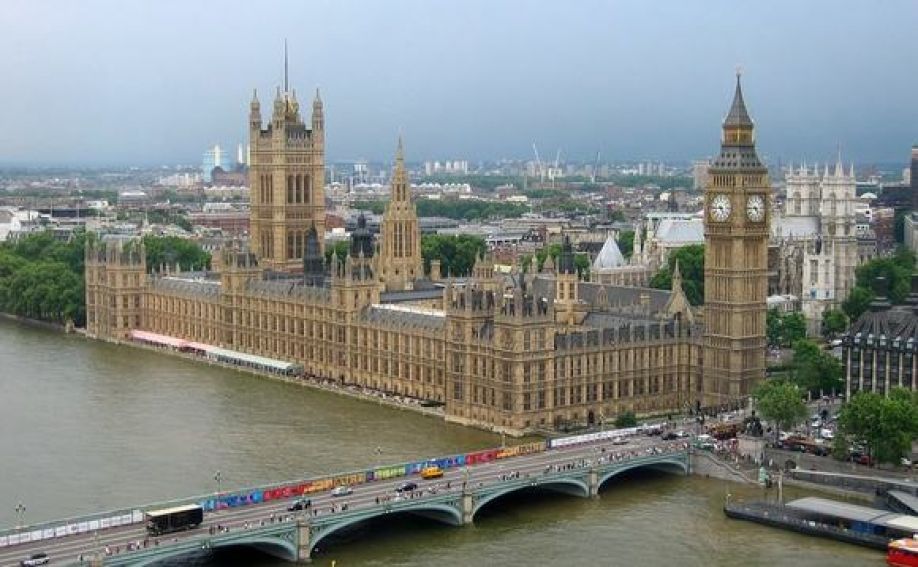
The UK is set to update its offshore tax compliance strategy to target the overseas entities that wealthy individuals use to conceal their assets.
“This will build on the substantial progress the UK has made in tackling offshore tax evasion and non-compliance since the government’s previous strategy was published in 2014,” the Budget reads.
The Budget also reiterated a promise made in the previous year to introduce legislation to tax income from intangible property — like copyright, trademarks and patents — held in low-tax jurisdictions “to the extent that it is referable to UK sales.”
This legislation is expected to come in the 2018-2019 finance bill, according to the budget.
The document also stated that the government was enacting new legislation to introduce international disclosure rules about offshore structures, which is likely a reference to the much-publicised Sanctions and Anti-Money Laundering Act. The UK Parliament passed that law in May.
If any of the 14 British Overseas Territories hasn’t implemented a register by the end of 2020, the legislation states that the UK government should prepare a draft order in council requiring the establishment of one.
Some have argued the impact could be devastating. In evidence submitted to the UK Parliament before the current public registers amendment surfaced, the BVI government claimed that the imposition of registers could cause a funding gap of $1bn here over the next decade.
Alongside a new compliance strategy, the UK government is seeking to widen its data-sharing powers as part of the fight against tax evasion. Its high-net-worth unit, focusing on the tax affairs of rich individuals, has brought in more than £1bn since it was set up in 2009, Bloomberg reports.
“Offshore evasion is illegal and harmful,” the U.K.’s tax agency said in a 2014 strategy paper on the matter. “It is unfair that those who can afford to use expensive offshore banks and complex financial structures can evade their responsibility to pay the taxes which fund vital public services.”
Courtesy of internationalinvestment.net